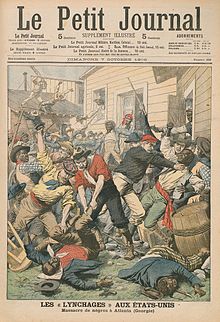Rely on the Master
4And the LORD said unto Gideon, The people are yet too many;
bring them down unto the water,
and I will try them for thee there: and it shall be,
This shall go with thee, the same shall go with thee;
and of whomsoever I say unto thee,
This shall not go with thee, the same shall not go.
5So he brought down the people unto the water:
and the LORD said unto Gideon,
Every one that lappeth of the water with his tongue,
as a dog lappeth, him shalt thou set by himself;
likewise every one that boweth down upon his knees to drink.
6And the number of them that lapped,
putting their hand to their mouth, were three hundred men:
but all the rest of the people bowed down upon
7And the LORD said unto Gideon, By the three hundred men
that lapped will I save you, and deliver the Midianites into thine hand:
and let all the other people go every man unto his place.
8So the people took victuals in their hand, and their trumpets:
and he sent all the rest of Israel every man
unto his tent, and retained those three hundred men:
and the host of Midian was beneath him in the valley.
9And it came to pass the same night,
that the LORD said unto him, Arise, get thee down unto the host;
for I have delivered it into thine hand.
10But if thou fear to go down, go thou with
Phurah thy servant down to the host:
11And thou shalt hear what they say; and
afterward shall thine hands be strengthened to go
down unto the host. Then went he down with Phurah his servant
unto the outside of the armed men that were in the host.
12And the Midianites and the Amalekites and all the children
of the east lay along in the valley like grasshoppers
for multitude; and their camels were without number, as the sand by the sea side
13And when Gideon was come, behold,
there was a man that told a dream unto his fellow,
and said, Behold, I dreamed a dream, and, lo,
a cake of barley bread tumbled into the host of Midian,
and came unto a tent, and smote it that it fell,
and overturned it, that the tent lay along.
14And his fellow answered and said,
This is nothing else save the sword of Gideon
the son of Joash, a man of Israel:
for into his hand hath God delivered Midian,
Noted by: Sis. U-R-Mee
kjv; Judges7: 4-

